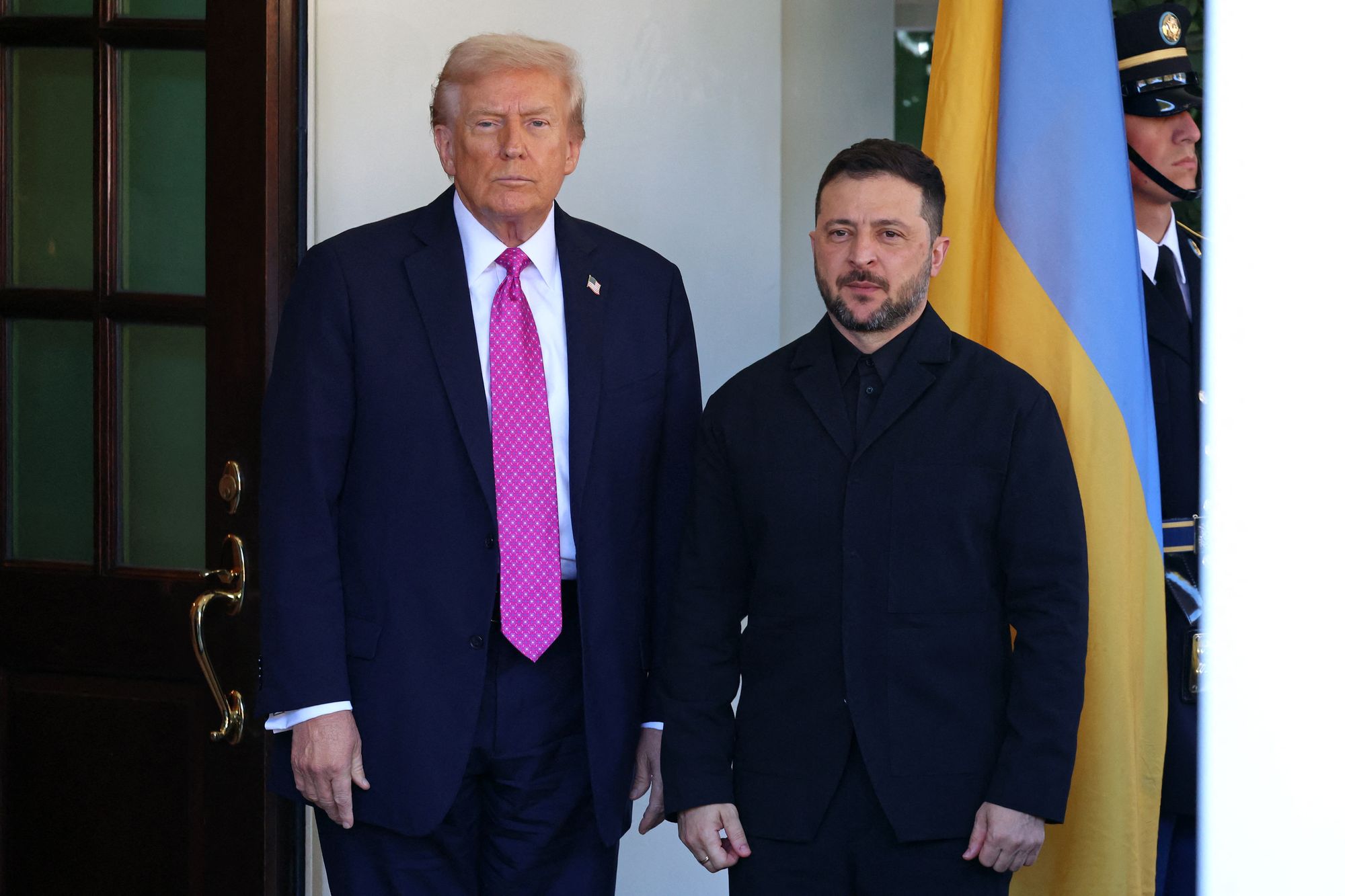President Donald Trump’s foreign policy appeared to be teetering on the brink of collapse as of Monday.
Over the weekend, Israel launched strikes that killed at least 45 people and temporarily shut off aid to Gaza. A spokesperson for Israel’s military said that terrorist had fired and killed two Israeli troops in Rafah on Sunday.
Hamas’s armed wing insisted it did not know about the conflict in Rafah. But Israel’s hard-right minister of national security Itamar Ben-Gvir called on Prime Minister Benjamin Netanyahu to “order the IDF to fully resume combat in the Gaza Strip with maximum force.”
Meanwhile, Trump’s Middle East envoy Steve Witkoff and his son-in-law Jared Kushner are already dispatched to Israel, with a good chance that Vice President JD Vance might have to heard to the Middle East.
It’s a stunning turn of events when compared to last week, when Trump took a victory lap in Israel to celebrate the return of the final Israeli hostages. Even as the truce between Israel and Hamas looked fragile from the start, Trump began to make the case that the ceasefire legitimated him earning coveted Nobel Peace Prize he covets.

As the president said about health care back in his first presidency, nobody knew peace between Israel and Palestinians could be so complicated.
The Middle East is not the only place bedeviling Trump.
On Friday, Trump hosted Ukrainian President Volodymyr Zelensky. It seemed like a chance for the president and Zelensky to continue repairing their relationship after Trump and Vance berated the Ukrainian president in the Oval Office in February. Zelensky has hoped that Trump would provide Ukraine with Tomahawk missiles to win its war against Russia.
Trump has recently found himself frustrated with Russian President Vladimir Putin.
But in an interview with Maria Bartiromo on Sunday Morning Futures, Trump said he expected that Ukraine would make territorial concessions in its war against Russia.
And then on Monday, during a meeting with Australian Prime Minister Anthony Albanese, Trump again cast doube on Ukraine’s ability to win the war.
“They could still win it, I don’t think they will,” he said. “But they could still win it. I never said they would win it. I said they could win anything can happen.”
It should be noted that last week, Trump had a “very productive” call with Putin and said that they discussed the use of Tomahawk missiles.
Of course, Trump’s chat with Putin comes as Trump has attempted to salvage whatever hope he has of wrapping up the war in Ukraine after his in-person meeting with the Russian president in Alaska did not yield the results that he hoped.
Trump regularly brags about how he has solved numerous wars, even going as far to say that his steep tariffs on other countries have stopped some other wars, a claim for which there is little substantiation.
He’s also complained that he has had to finish wars that began under his predecessor Joe Biden, though, unlike his first presidency, he does not have to deal with wrapping up any major conflicts in which U.S. troops are directly involved, as was the case with the war in Afghanistan.
Still, he finds finishing these long-term military engagements tedious and a distraction from his main focuses: consolidating power at home, clamping down on illegal and legal immigration alike as well as his trade wars.
But while Trump has been able to wave a piece of paper and say that he has signed some preliminary trade agreements and hail them as major deals, he’s learned the Middle East, as well as Putin does not cooperate the same way.
Meanwhile, his approval numbers continue to drop and he has shown no interest in working with Democrats to reopen the government.
Trump has learned that Hamas, Netanyahu, Putin and Zelensky are not the House Freedom Caucus, Mike Johnson or John Thune. They will not literally defend his worst impulses and contort themselves to please him. He will actually have to work hard to achieve his dreams of peace.
